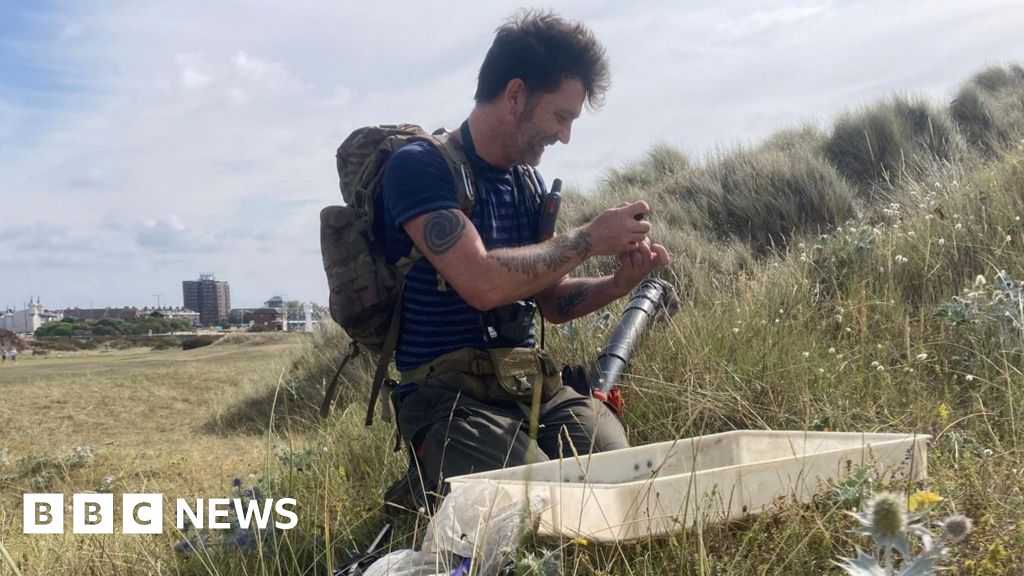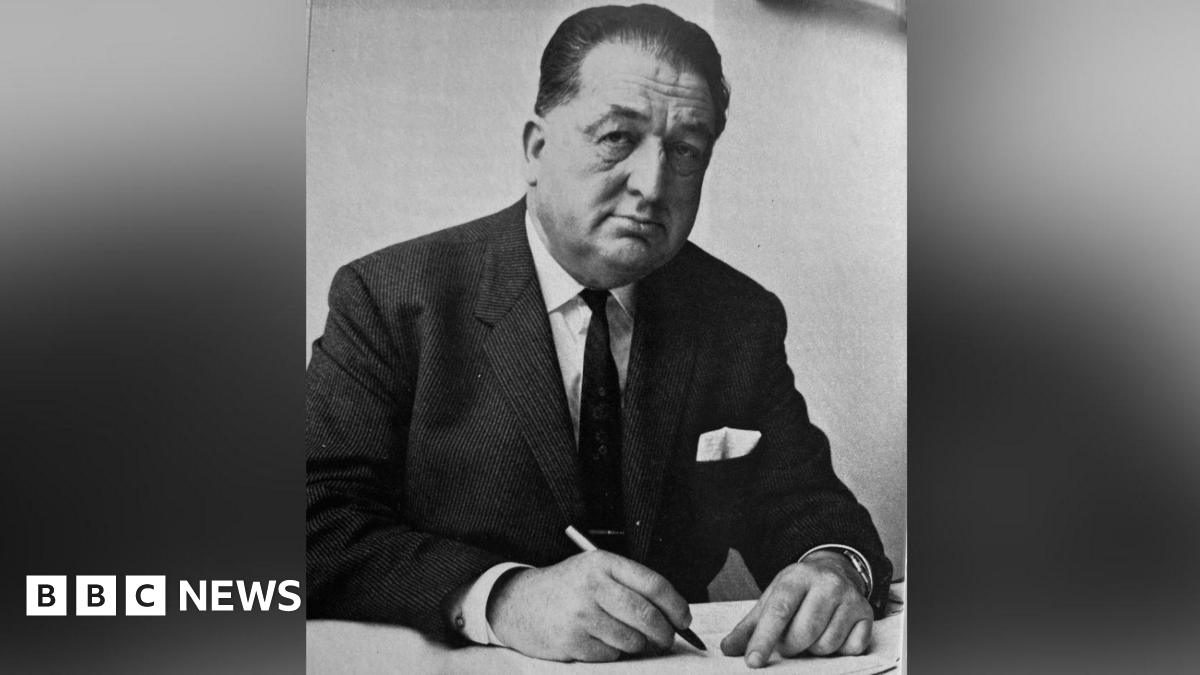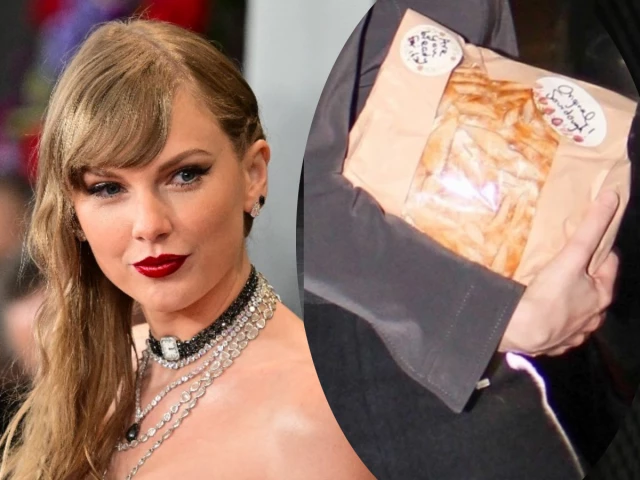Not even a recent hip operation could stop fellow rubbish collector Anthea Stewart from putting in a shift.
The 90-year-old said: “I want to be here. I love it. I want to do a useful thing,” said Anthea with a litter stick in one hand and a…

Not even a recent hip operation could stop fellow rubbish collector Anthea Stewart from putting in a shift.
The 90-year-old said: “I want to be here. I love it. I want to do a useful thing,” said Anthea with a litter stick in one hand and a…

 Vicki Richardson
Vicki RichardsonAn ecologist is hoping to see 6,000 different species in 2026.
Graeme Lyons, 47, who lives in Brighton, takes part in a hobby known as ‘pan-species…
“From shared history to shared future, China and Tanzania are building a Partnership that delivers”
At the invitation of Minister for Foreign Affairs and East African Cooperation of the United Republic of Tanzania, Honorable Ambassador Mahmoud…

Alzheimer’s disease is one of the most common health problems with 7.2…

Still, it was not until the 1960s that he started taking on the “biggest names” and became the “gangbuster of his day”, he added.
Millen led the operation to take down the notorious East End gangsters Reggie and Ronnie Kray.
He then headed efforts…

Nwodoh, who also works as a voiceover artist, said she “fell out of love with law” and started to look at creative opportunities.
“I had a lot of time on my hands, as many people did, and started to think more seriously about music as a career,”…

“Are you bready for it?”, Swift’s accompanying handwritten note read, playfully referencing one of her song lyrics
Taylor Swift treated friends including…

Gardeners at one of the UK’s largest snowdrop collections have said they are expecting “a truly exceptional” season.
Staff at the The Garden House near Yelverton said “a perfect alignment” of weather conditions and establishment of a private…

Bevan said England star and mum Abbie Ward was an inspiration after the country’s World Cup win in September.
Ward carried her daughter Hallie around the Twickenham pitch after the win against Canada.
“Mums all over the world, we’ve formed a…

It was announced in December that Roome had signed a life-rights agreement with London-based production company Featuristic Films.
It means that while no script has yet been created, her story could be developed in the future to be told on…